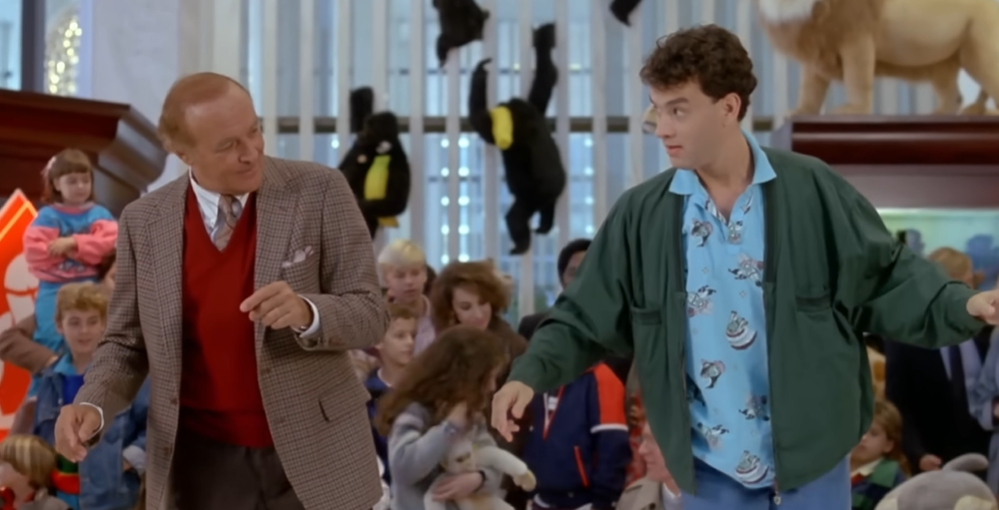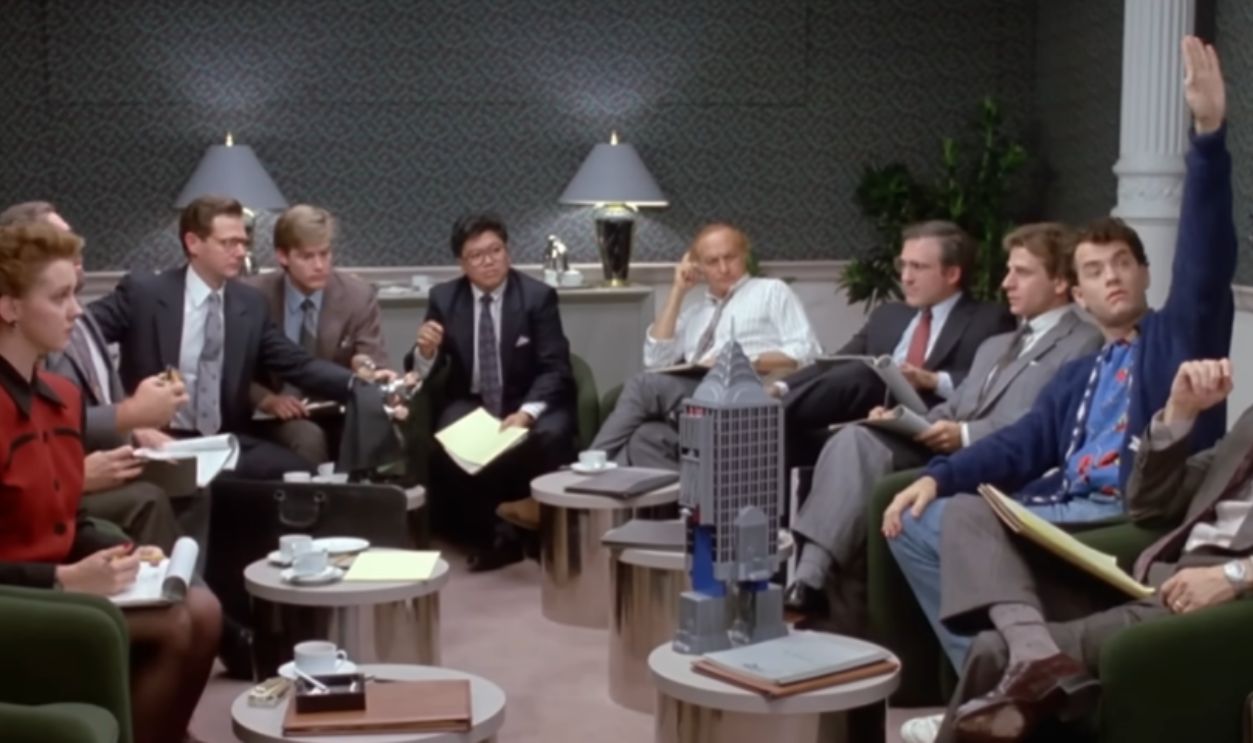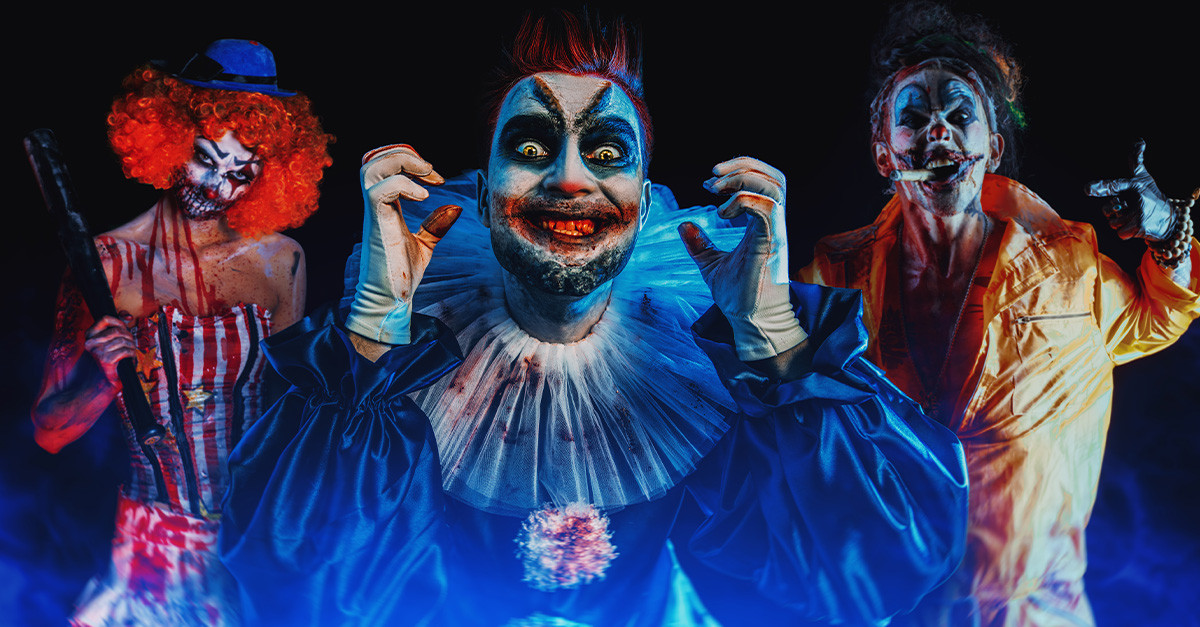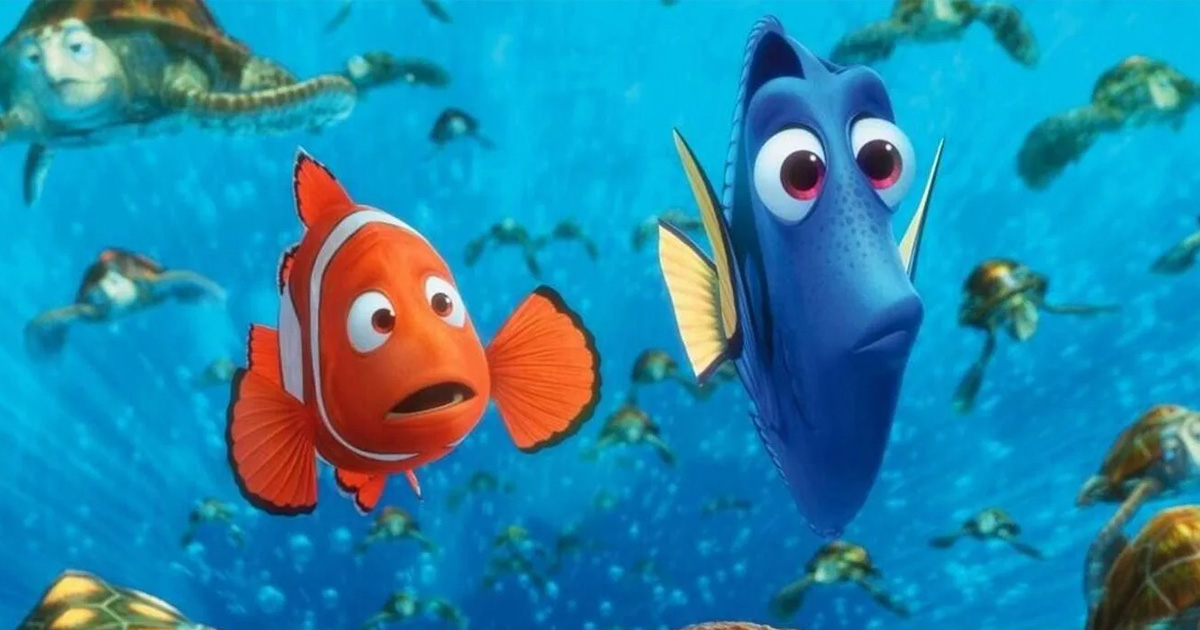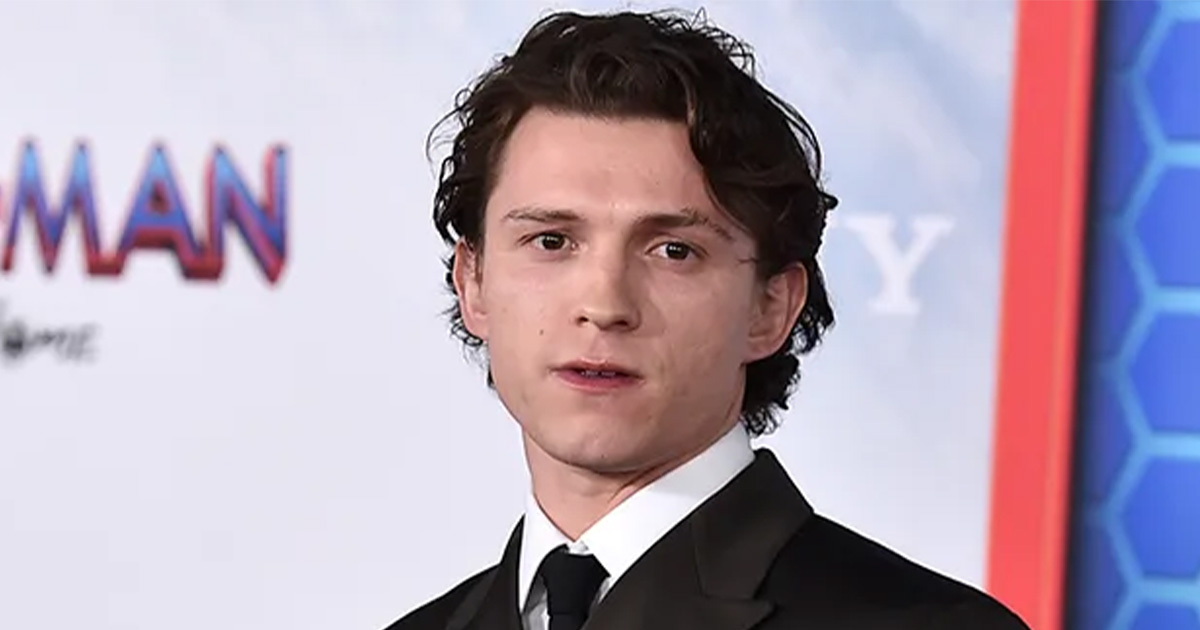Laughter Turned Cringe
That movie you quoted endlessly in high school? You might want to skip the rewatch. Some comedies captured their era perfectly, which is exactly the problem now. After all, a lot has changed since their release.

Ace Ventura: Pet Detective (1994)
Even Jim Carrey himself has admitted the film wouldn't be made the same way today, acknowledging how comedy standards have evolved since 1994. His breakout performance as the wacky pet detective launched him to stardom, but the film's ending sequence has become increasingly controversial.
 Warner Bros. Pictures, Ace Ventura: Pet Detective (1994)
Warner Bros. Pictures, Ace Ventura: Pet Detective (1994)
Ace Ventura: Pet Detective (Cont.)
After discovering that Lt Einhorn is transgender, Ventura kisses her and then proceeds to vomit and cry while scrubbing himself in the shower. Throughout the film, Carrey's character prances around a mental institution dressed in a pink tutu, repeatedly hitting his head on park benches.
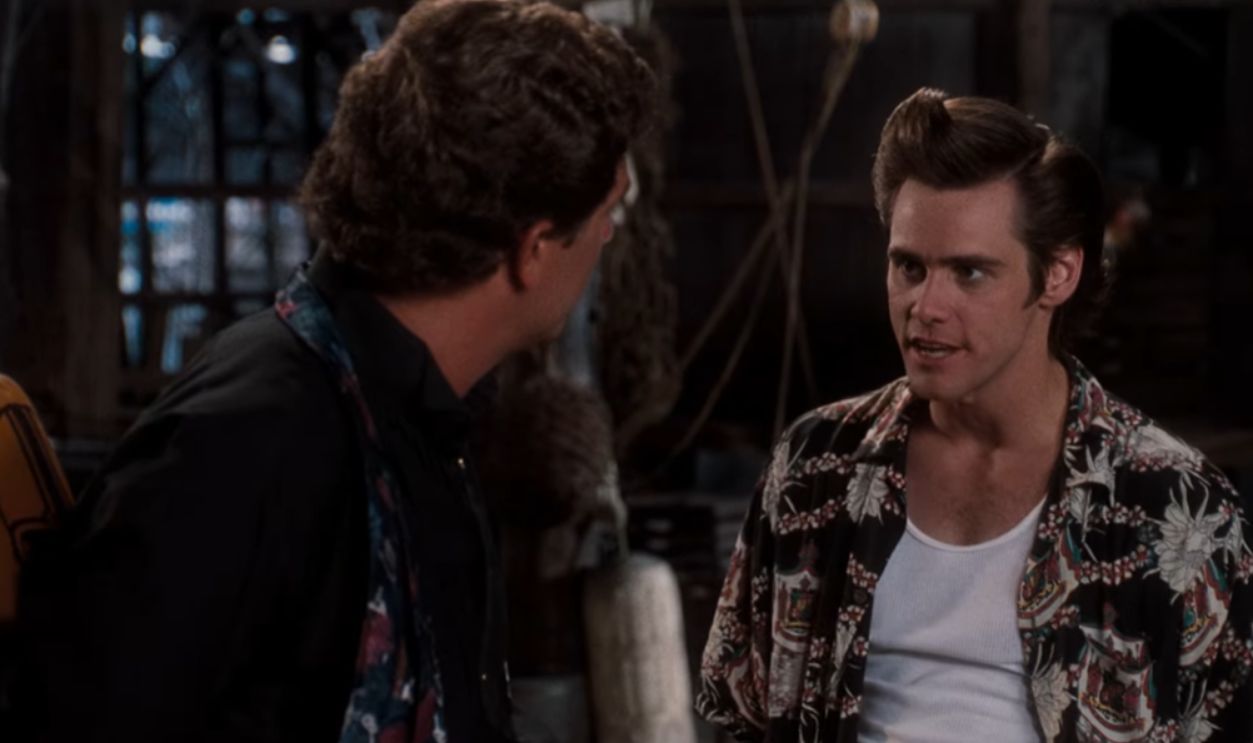 Warner Bros. Pictures, Ace Ventura: Pet Detective (1994)
Warner Bros. Pictures, Ace Ventura: Pet Detective (1994)
American Pie (1999)
In what may be the film's most problematic scene, Jim sets up hidden cameras in his bedroom and broadcasts footage of exchange student Nadia undressing live to his friends. The stream doesn't stay private but goes out to the entire school, after which Nadia gets sent back home.
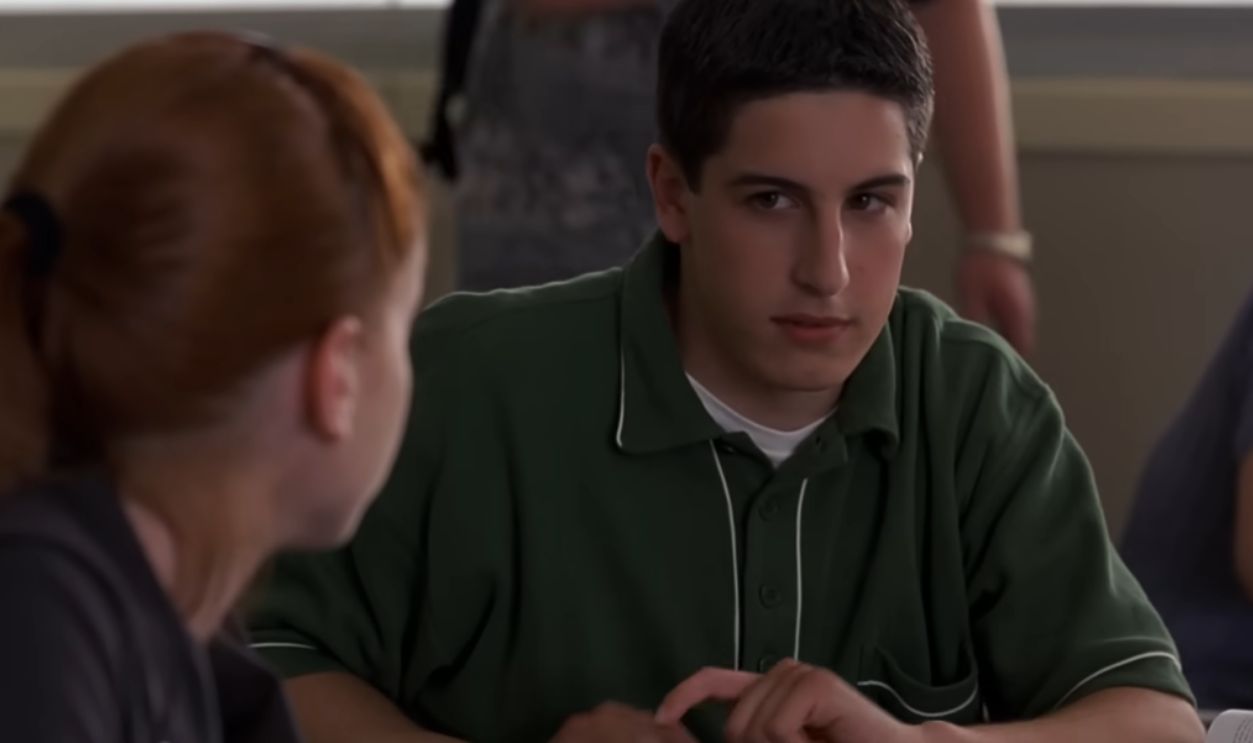 Universal Pictures, American Pie (1999)
Universal Pictures, American Pie (1999)
American Pie (Cont.)
The fact that this was played for laughs in 1999 shows how dramatically our understanding of consent and digital privacy has grown. Gen-Z audiences and contemporary critics have highlighted that the humor often comes at the expense of women.
 Universal Pictures, American Pie (1999)
Universal Pictures, American Pie (1999)
Breakfast At Tiffany's (1961)
Time has been surprisingly kind to Audrey Hepburn's portrayal of Holly Golightly, the naive eccentric socialite. Her performance remains celebrated, and the film's romantic elements still charm audiences. But there's one aspect that makes the entire movie nearly unwatchable today.
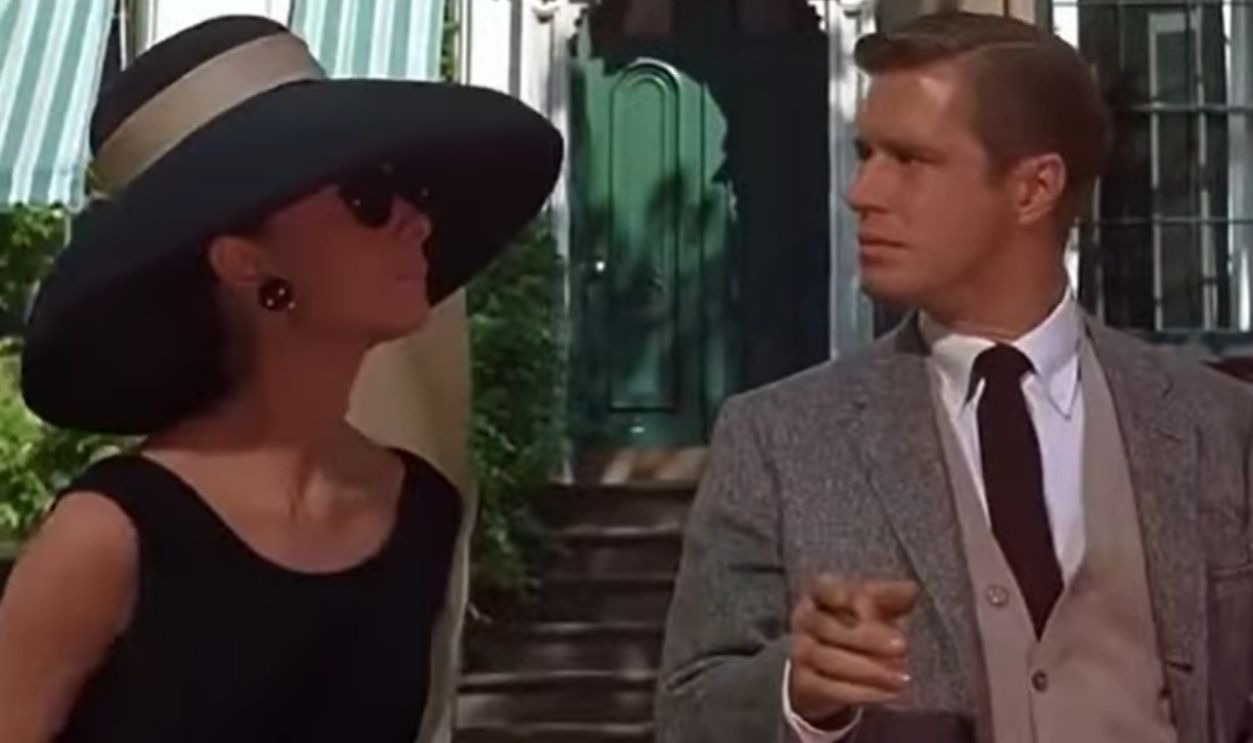 Paramount Pictures, Breakfast at Tiffany's (1961)
Paramount Pictures, Breakfast at Tiffany's (1961)
Breakfast At Tiffany's (Cont.)
Mickey Rooney's portrayal of Mr Yunioshi, a Japanese photographer living in Golightly's apartment building, involves prosthetic teeth, taped eyelids, and an exaggerated accent. It's yellowface at its most egregious. The film's problematic aspects also extend to outdated gender roles and romantic ideals.
 Paramount Pictures, Breakfast at Tiffany's (1961)
Paramount Pictures, Breakfast at Tiffany's (1961)
Big (1988)
Most people remember Tom Hanks dancing on the giant piano at FAO Schwarz, playing "Heart and Soul" in one of cinema's most joyful scenes. The premise seems innocent enough: teenage Josh Baskin makes a wish to be big and wakes up the next morning in an adult man's body.
Big (Cont.)
The fish-out-of-water comedy works brilliantly in most scenes, with Hanks delivering a career-defining performance. Unfortunately, there's one storyline that completely derails the film's charm—13-year-old Josh and his coworker Susan share an intimate night together, unaware of his true age.
Never Been Kissed (1999)
Drew Barrymore leads this rom-com as Josie Geller, playing a copy editor who's never experienced love. She gets assigned to go undercover at her old high school and develops romantic feelings for Sam Coulson, her English teacher. Here's where things get incredibly problematic.
 20th Century Fox, Never Been Kissed (1999)
20th Century Fox, Never Been Kissed (1999)
Never Been Kissed (Cont.)
Sam reciprocates these feelings while believing she's an underage student. He takes her on a Ferris wheel ride, where he complains about his girlfriend, then tells Josie that "when you're my age, guys will be lined up around the block for you". Talk about grooming behavior dressed up as romantic dialogue.
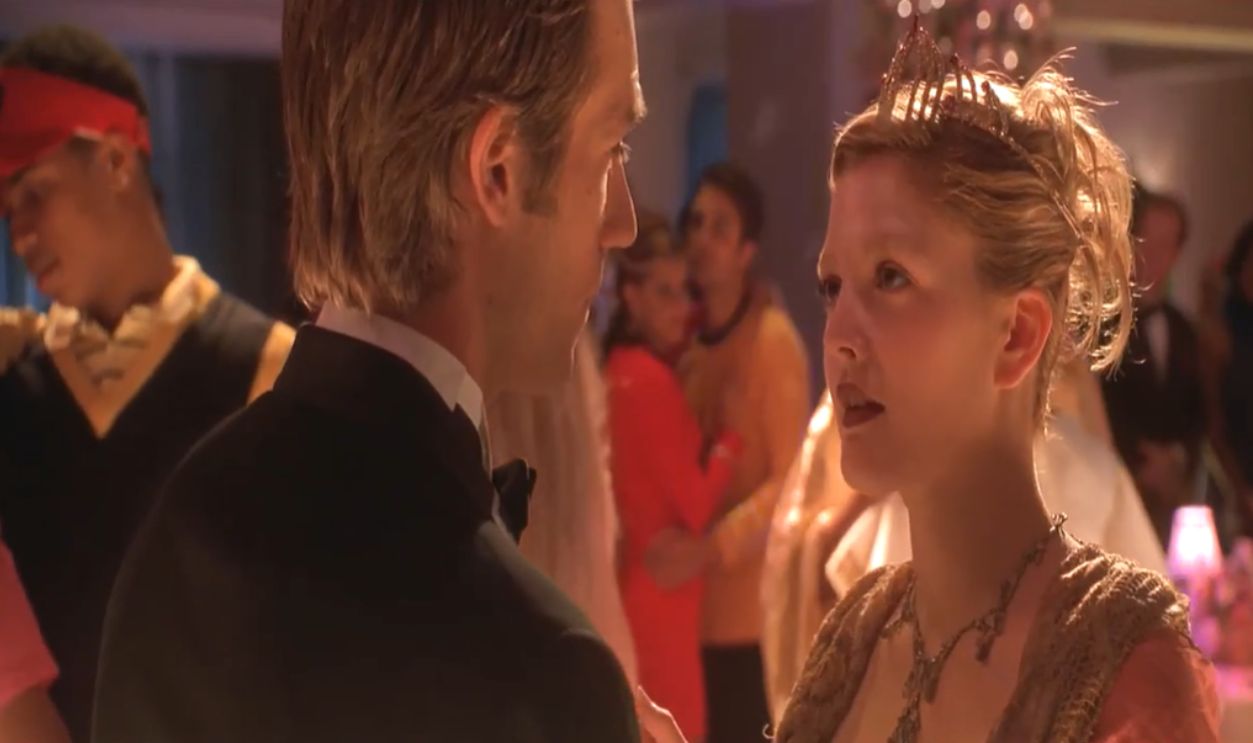 20th Century Fox, Never Been Kissed (1999)
20th Century Fox, Never Been Kissed (1999)
Tropic Thunder (2008)
Ben Stiller's Hollywood satire generated controversy from the moment it hit theaters, and those debates have only intensified over time. Robert Downey Jr's character Kirk Lazarus, an Australian method actor, darkens his skin and speaks in AAVE to fully immerse himself in playing Lincoln Osiris.
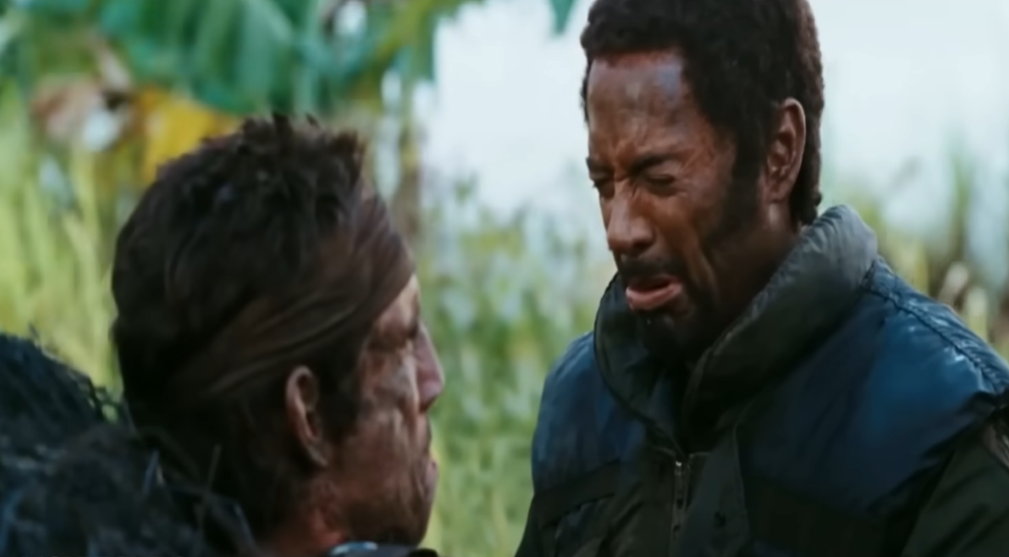 DreamWorks Pictures, Tropic Thunder (2008)
DreamWorks Pictures, Tropic Thunder (2008)
Tropic Thunder (Cont.)
The joke was supposed to be about actors who'll do anything offensive for critical acclaim, not about Black people themselves. Downey told Joe Rogan in 2020 that 90% of his Black friends thought it was great, though he acknowledged he couldn't disagree with the other 10% who found it offensive.
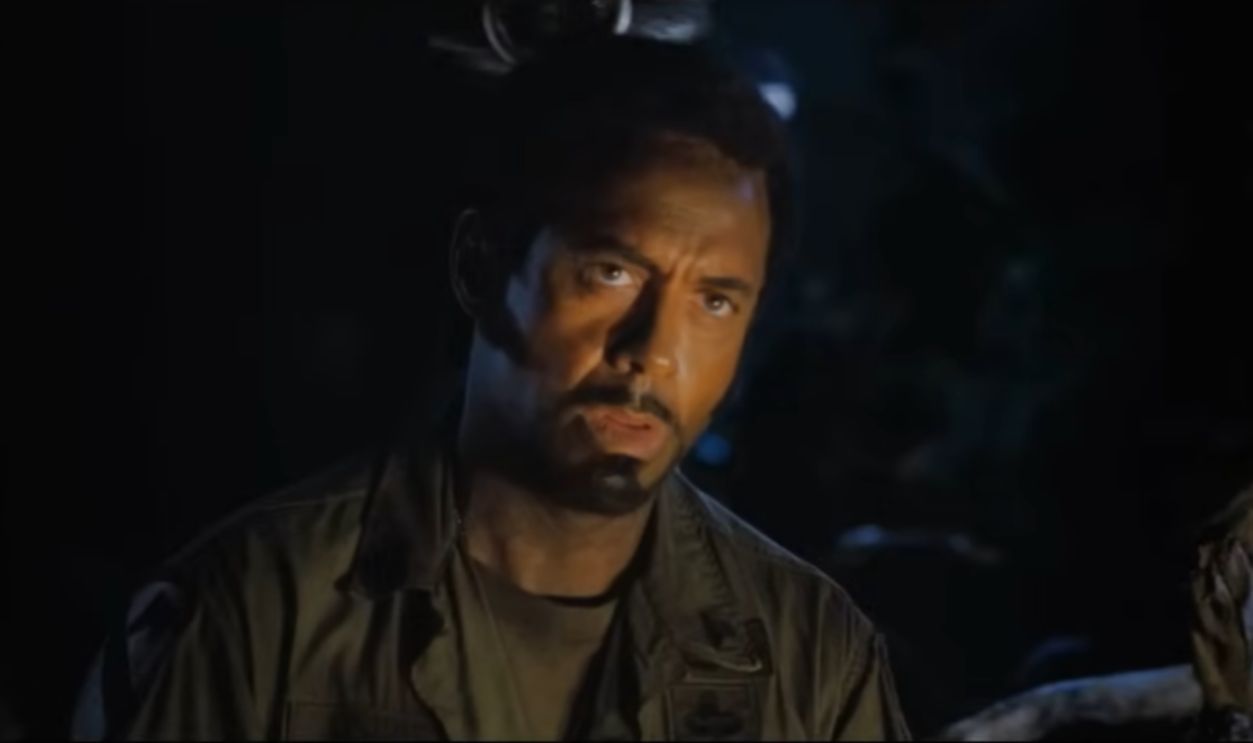 DreamWorks Pictures, Tropic Thunder (2008)
DreamWorks Pictures, Tropic Thunder (2008)
Soul Man (1986)
The entire premise revolves around white student Mark Watson using chemical tanning pills to darken his skin, allowing him to fraudulently obtain a scholarship designated for Black students at Harvard Law School. This isn't satire or commentary—it's literally C Thomas Howell in blackface pretending to be Black to steal educational opportunities.
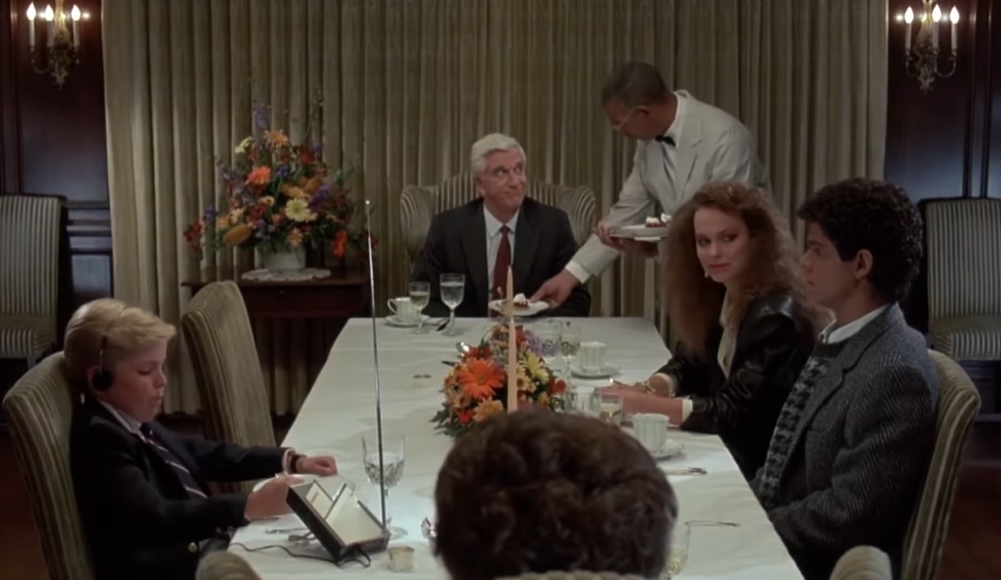 New World Pictures, Soul Man (1986)
New World Pictures, Soul Man (1986)
Soul Man (Cont.)
The movie treats this as a wacky comedy setup rather than the prejudiced fraud it actually depicts. Even in 1986, this concept was offensive. Still, somehow it got made, distributed, and found an audience willing to laugh at the idea of a white person appropriating Black identity for personal gain.
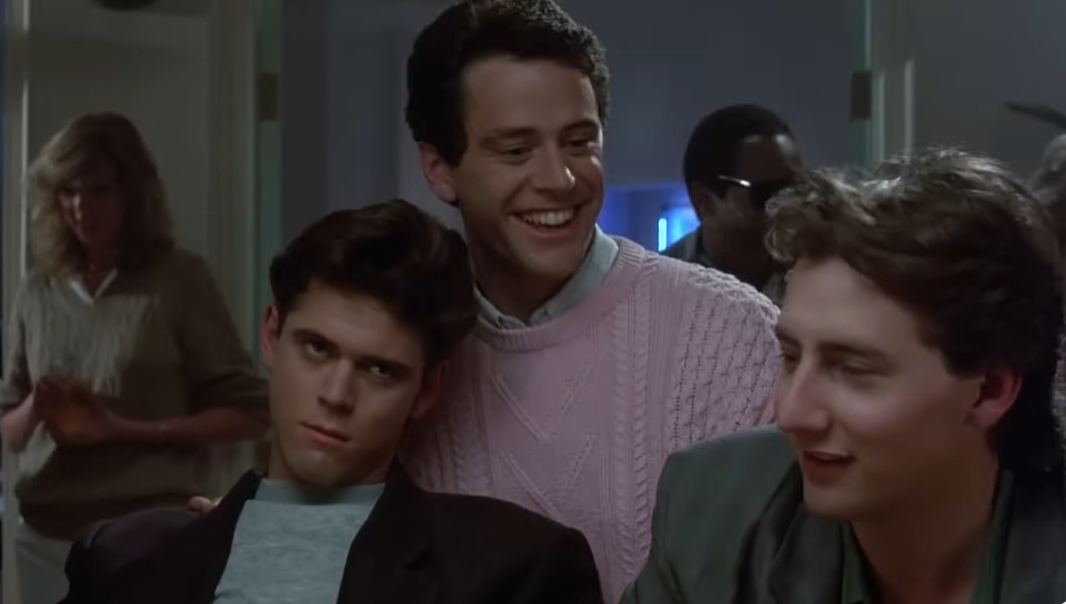 New World Pictures, Soul Man (1986)
New World Pictures, Soul Man (1986)
Porky's (1981)
Director Bob Clark, who created masterpieces like the timeless A Christmas Story and the horror classic Black Christmas, also made this film, which feels closer to his worst work than his best. On a tiny budget of just $4 million, the film raked in $160 million worldwide.
 20th Century Fox, Porky's (1981)
20th Century Fox, Porky's (1981)
Porky's (Cont.)
Its financial success proved that audiences in the early 80s were hungry for this type of content, but that doesn't mean it holds up today. The film views women as objects existing solely for the gratification of male characters, with modern viewers left wondering where the actual jokes are supposed to be.
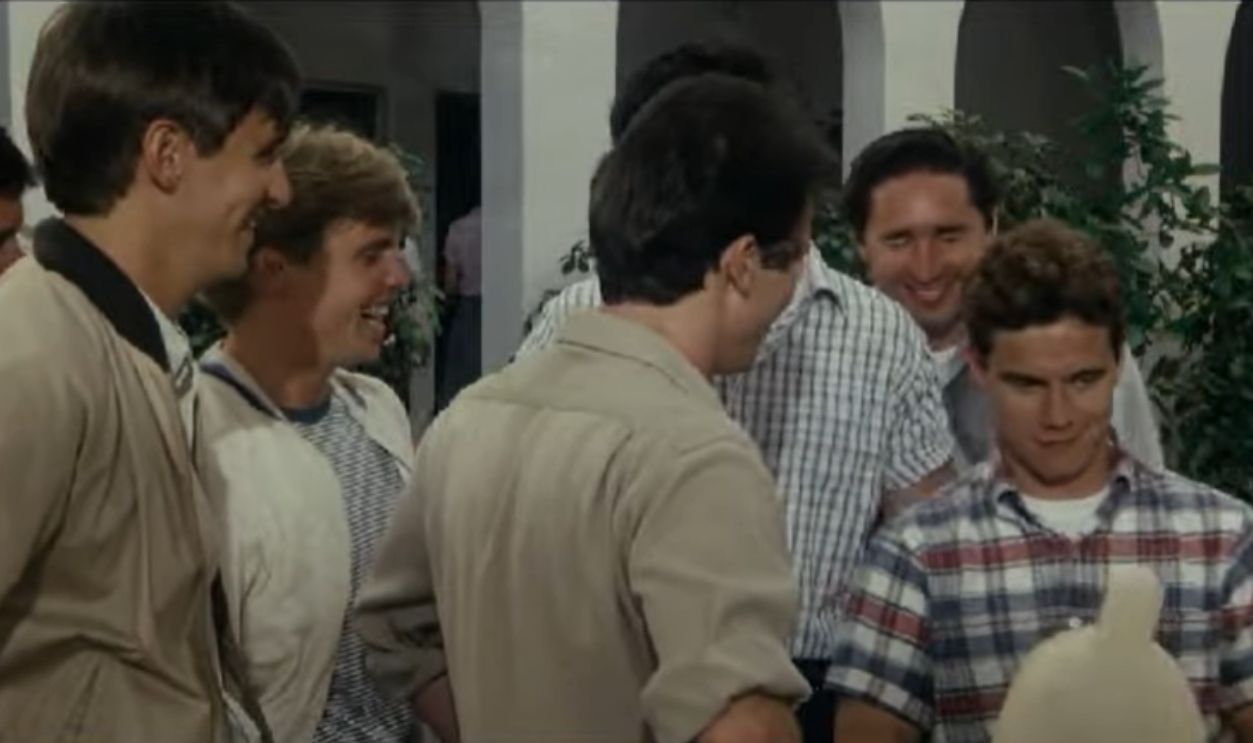 20th Century Fox, Porky's (1981)
20th Century Fox, Porky's (1981)
Norbit (2007)
Eddie Murphy's talent for physical comedy and Rick Baker's impressive makeup effects can't conceal what makes this movie so difficult to watch. Murphy plays both lead roles, but the endless jokes targeting the appearance of Rasputia, the domineering female character he portrays, are cringeworthy at best.
 Paramount Pictures, Norbit (2007)
Paramount Pictures, Norbit (2007)
Norbit (Cont.)
It relentlessly mocks her weight in nearly every scene, treating her body as the punchline. This type of comedy reveals how normalized body shaming was in Hollywood, with major studios believing that simply pointing at someone's appearance constituted humor worthy of a theatrical release.
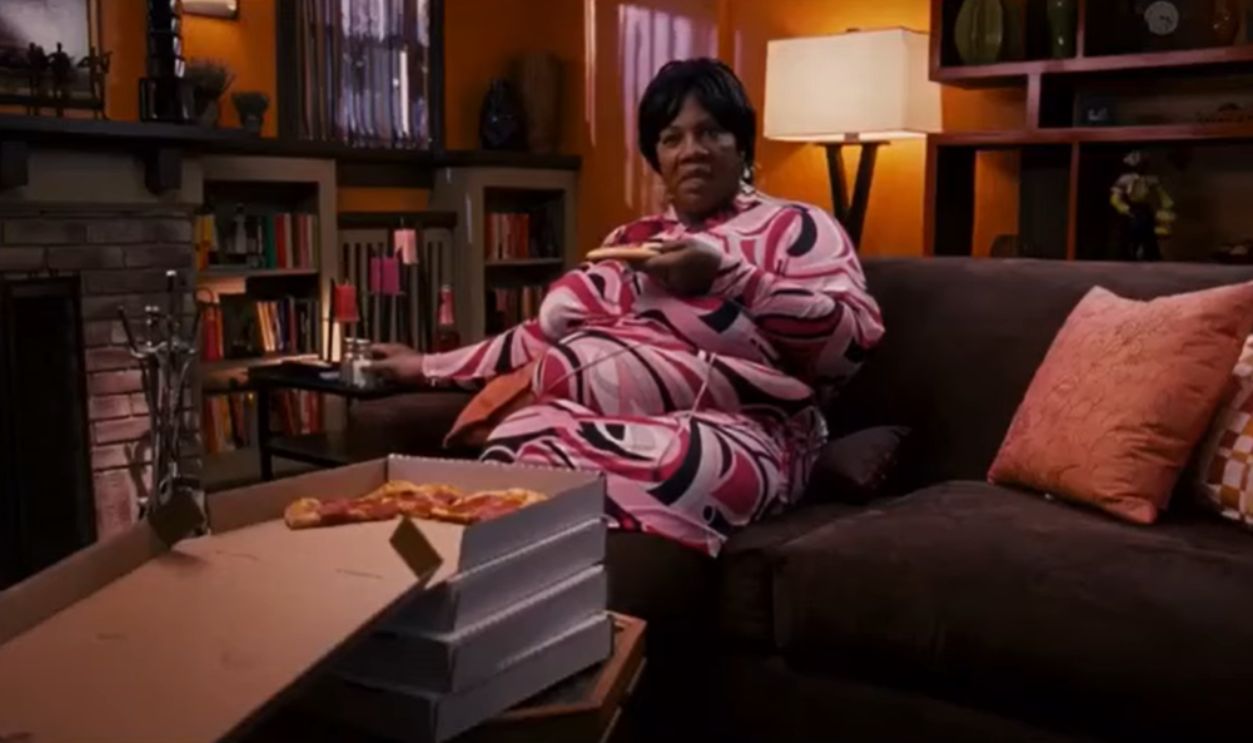 Paramount Pictures, Norbit (2007)
Paramount Pictures, Norbit (2007)
Shallow Hal (2001)
Jack Black plays Hal, a shallow man hypnotized to see inner beauty as physical attractiveness. He then pursues Rosemary, played by Gwyneth Paltrow in a bodysuit, believing she's thin when she's actually a plus-sized woman. The film constantly asks audiences to laugh at the disconnect between Hal's perception and "reality".
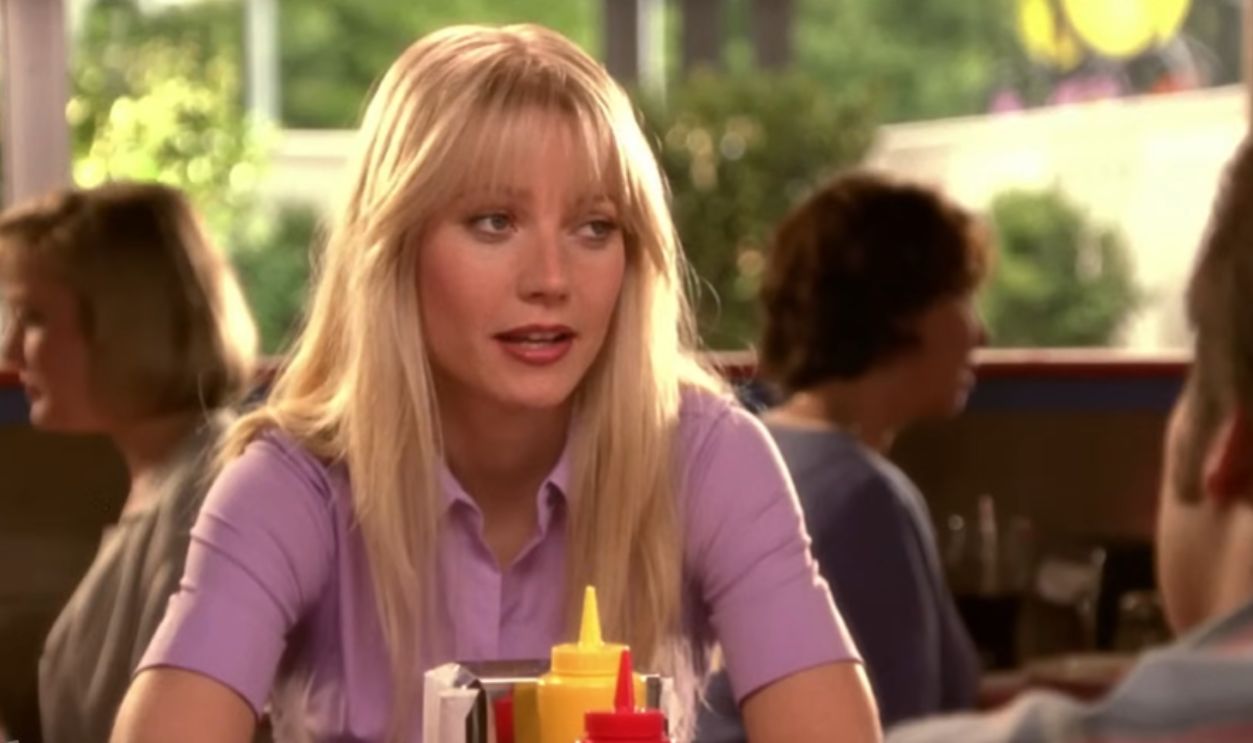 20th Century Fox, Shallow Hal (2001)
20th Century Fox, Shallow Hal (2001)
Shallow Hal (Cont.)
The entire premise treats weight as something inherently comedic and positions thinness as the only acceptable form of beauty, even while claiming to challenge those very assumptions. The jokes rely on physical gags about Rosemary's size—chairs breaking, canoes sinking, kids running away.
 20th Century Fox, Shallow Hal (2001)
20th Century Fox, Shallow Hal (2001)
Revenge Of The Nerds (1984)
This 80s comedy about social outcasts fighting back against their tormentors seemed like an underdog story when it premiered. The nerds face genuine mistreatment from the jocks and popular students, making audiences naturally sympathetic to their struggle for acceptance and respect.
 20th Century Fox, Revenge of the Nerds (1984)
20th Century Fox, Revenge of the Nerds (1984)
Revenge Of The Nerds (Cont.)
However, the methods these protagonists use to achieve their victory include actions that people nowadays recognize as deeply problematic and, in some cases, criminal. One particularly disturbing scene involves a main character wearing a costume to deceive someone into physical intimacy.
 20th Century Fox, Revenge of the Nerds (1984)
20th Century Fox, Revenge of the Nerds (1984)
Hitch (2005)
Will Smith brings his signature charm to playing Alex "Hitch" Hitchens, a "date doctor" who coaches men on winning women's hearts. The opening scene features problematic advice. Such dismissal of women's clearly stated boundaries gets packaged as wisdom rather than the concerning behavior it actually represents.
 Columbia Pictures, Hitch (2005)
Columbia Pictures, Hitch (2005)
Hitch (Cont.)
The film presents ignoring a woman's explicit words as a path to romance, teaching men that "no" doesn't really mean "no" if you're persistent enough. While some critics argue the techniques Hitch teaches are creepy, the movie frames what he does as giving nice guys a chance to find love.
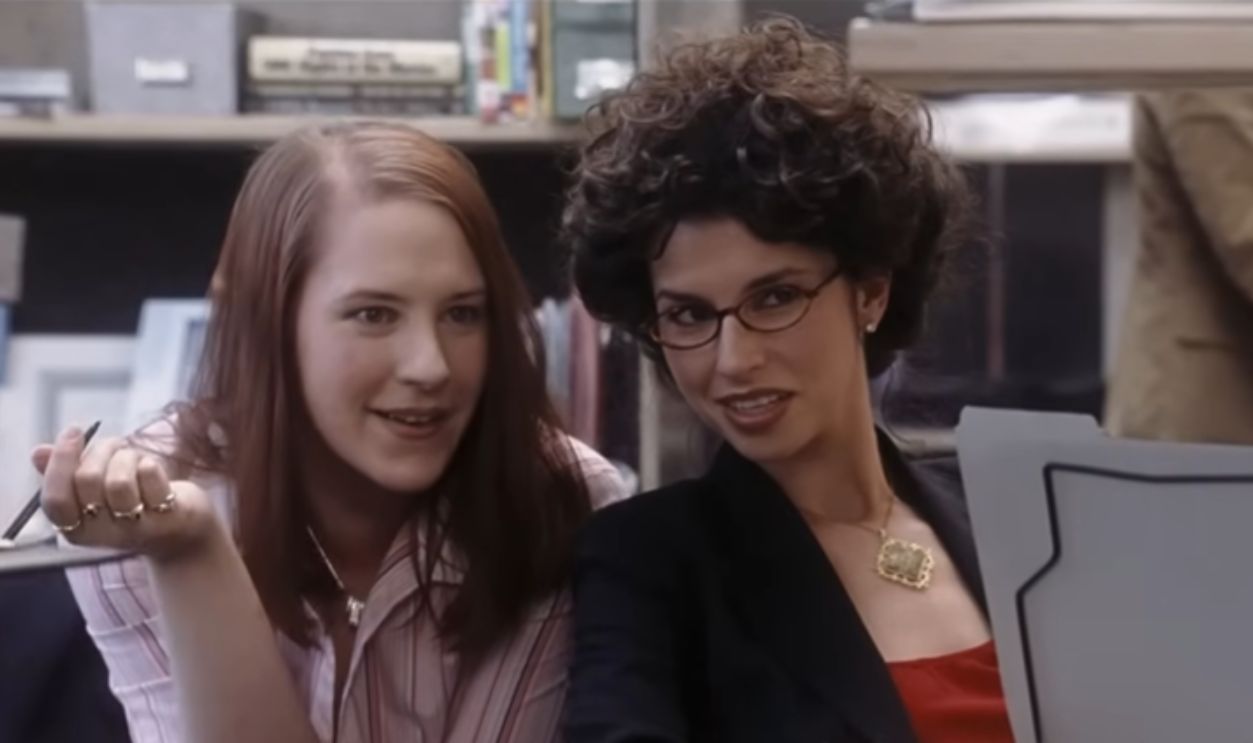 Columbia Pictures, Hitch (2005)
Columbia Pictures, Hitch (2005)


